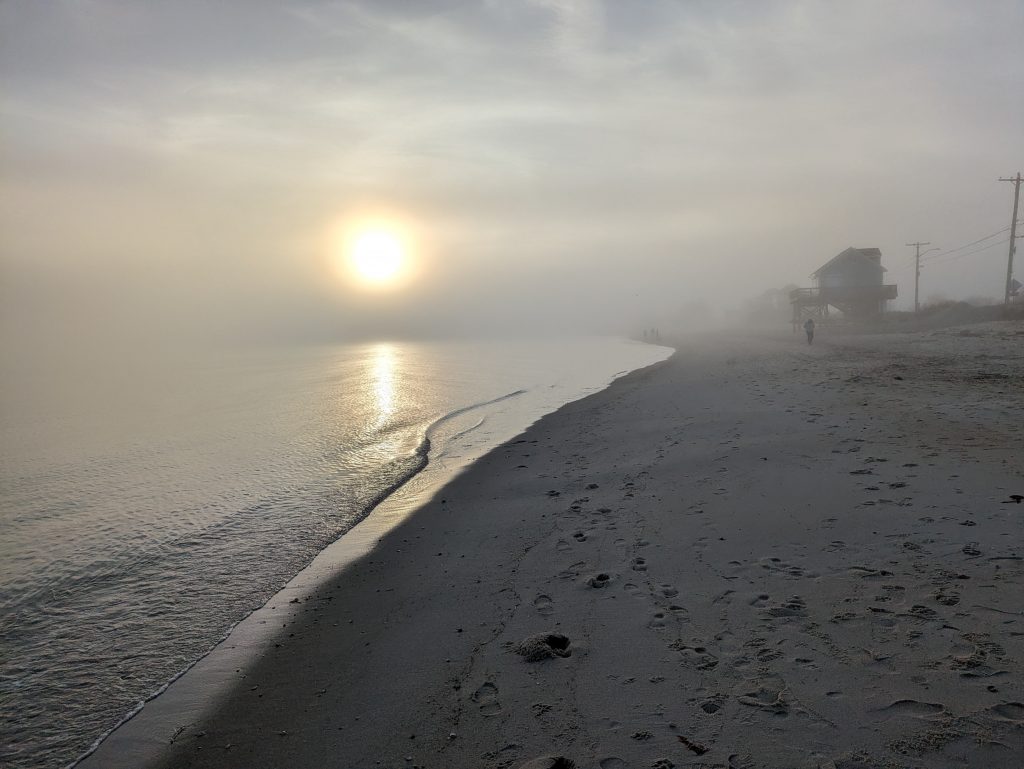
Declan McKenna released “What Happened to the Beach?”, his highly anticipated third studio album, on Feb 9. Since his sophomore album “Zeros” in 2020, McKenna has kept himself in the public eye dropping remixes, singles and covers. However, since the release of “Sympathy,” the debut single of his newest album, it is clear that “What Happened to the Beach?” is a sonic deviation from his previous work. In honor of his latest project, here is a deep dive on the evolution of McKenna’s music.
Making his first impression on the music industry in 2015, McKenna gained critical acclaim with the release of his first single “Brazil.” With its catchy indie/alt-rock melody and politically charged lyrics, McKenna was awarded first prize at the Glastonbury Festival’s Emerging Talent Competition. “Brazil” was just a taste of what was to come from the English singer’s debut album “What Do You Think About the Car?”
McKenna’s upbeat indie rock sound is almost captivating enough to distract you from the powerful storytelling in just about every song. An example of this is “The Kids Don’t Wanna Come Home,” his fifth single off of his first project. Heavy drums and an Arctic Monkeys-esque guitar solo accompany lyrics that encompass the idea of younger generations unable to feel heard or welcomed in political conversations.
McKenna continues to address difficult topics in the penultimate song of the album “Paracetamol.” With a more electronic feel to the track, the song is in response to the injustices transgender teens face due to their identity.
Three years later, McKenna released his sophomore album “Zeros” in late 2020. Though he continued to write impactful lyrics, in an interview with DIY Magazine, McKenna revealed the inspiration for his new album came from iconic 70s artists like Crosby, Stills and Nash, Waterboys and Bob Dylan. More specifically, McKenna claimed he wanted to emulate Dylan’s “Blonde on Blonde” for his opening track “You Better Believe!!!”.
High-energy lyrics informing the listener of impending doom are sung over what feels like a modern revival of the 70s classic rock sound. Sticking to the “Armageddon” theme, “Beautiful Faces” is one of McKenna’s more hopeful tracks. Leaning less into the 70s feel, the track discusses both how overwhelming the world can seem to younger people and how it seems as though whatever you do is never enough. Though McKenna’s lyrics continue to masterfully open the floor for important discussions, it feels as though aurally the tracks blended together. While still enjoyable, “What Do You Think About the Car?” seemed like a difficult act to follow.
McKenna’s newest album “What Happened to the Beach?” is his most experimental to date. Working with Grammy-nominated producer Gianluca Buccellati, each track feels distinct in its own way while still staying true to McKenna’s musical style. “Elevator Hum,” the bright and glittery second track showcases a new and revamped style of his music. Though the lyrics are not as thought-provoking, McKenna integrates a contrast of protest songs and cheery, playful pieces more frequently in his newest album when compared to his previous releases.
Another track that stood out on “What Happened to the Beach?” was “The Phantom Buzz (Kick In),” arguably the most high-energy track. Opening with a grungy and loud guitar riff, the lyrics detail the temporary relief, and ultimately the crash, that comes with substance abuse. “The Phantom Buzz (Kick In)” feels like a lost track off of “What Do You Think About the Car?”, a revival of his old sound. This new album is a surprising shift into what feels like a new era, and fans are excited to see what is to come.
Be sure to check out all of Declan McKenna’s projects and singles on all streaming platforms.

